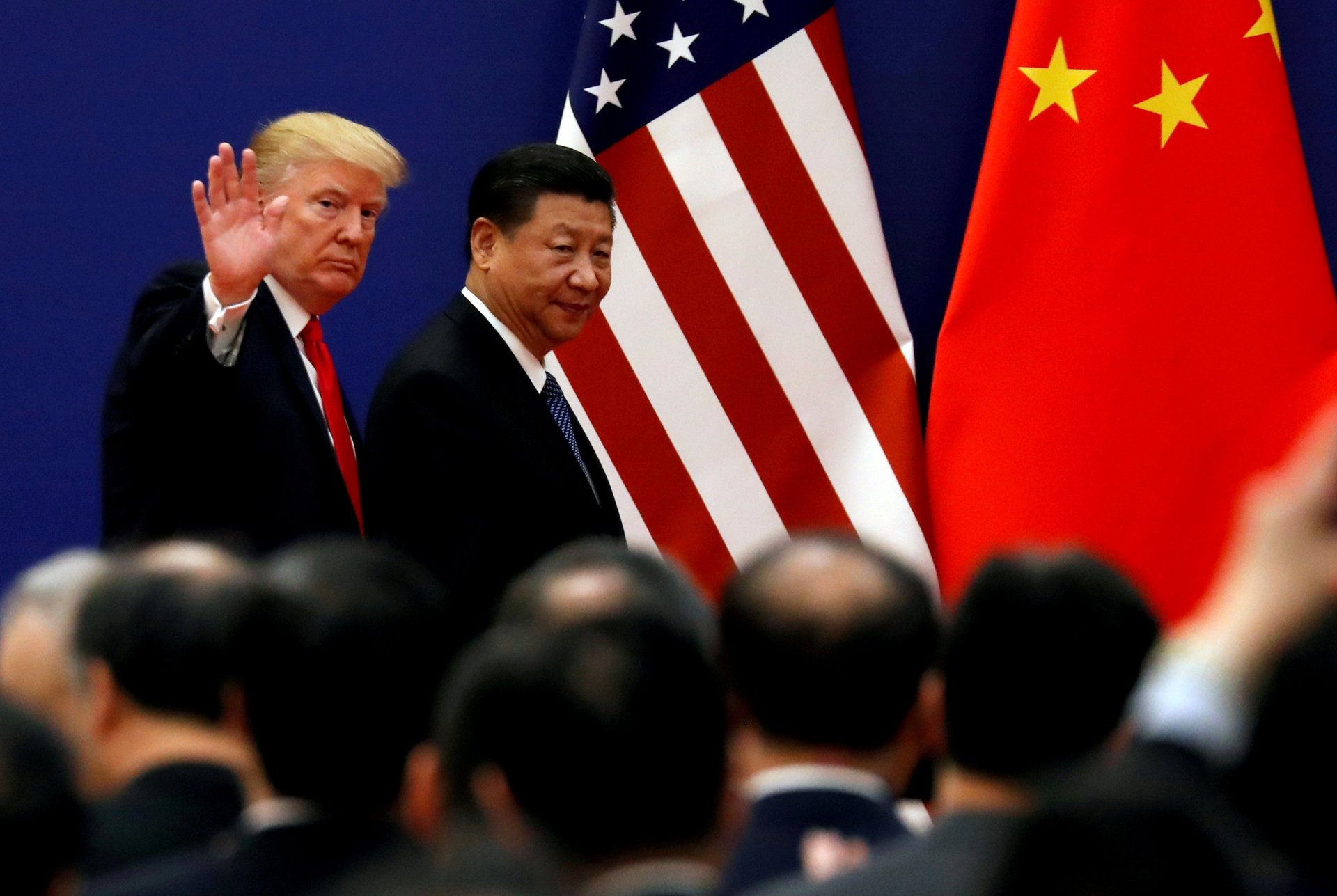China’s trade-war weapon against the US: ancient proverbs
Americans certainly like quoting Chinese proverbs. The pithy dictums are found in fortune cookies, and politicians like to use them to make a point, too—never mind the fact that the veracity of the wise sayings attributed to Confucius are often in doubt.


Americans certainly like quoting Chinese proverbs. The pithy dictums are found in fortune cookies, and politicians like to use them to make a point, too—never mind the fact that the veracity of the wise sayings attributed to Confucius are often in doubt.
Earlier this month, the 2020 US presidential candidate and South Bend, Indiana mayor Pete Buttigieg whipped out a proverb in retort after president Donald Trump mocked him about holding his own on the world stage.
“I was thinking of a Chinese proverb that goes ‘When the wind changes, some people build walls, some people build windmills,'” Buttigieg said. “You got to recognize we need something completely different than what we have in this White House.”
It wasn’t immediately clear what Chinese proverb he may have been referring to, though a quick Google search brings up dramatically-lit photos of windmills overlaid with the proverb in question. The Shanghaiist, a news and culture blog, didn’t mince its words, calling Buttigieg’s proverb “extremely suspect.”
Ivanka Trump similarly enjoys buffeting her wisdom with ancient axioms. Last year, ahead of the historic meeting between her father and North Korean leader Kim Jong Un, she tweeted out a supposedly famous quote. But people in China were left struggling to figure out where it came from.
Now, China is returning the favor by offering the US several well-known proverbs. Xinhua, the state news agency, has in recent days been sharing idioms in a series of illustrated articles titled, “An invitation to the US to learn idioms.” Each proverb ostensibly teaches a different lesson, but the overriding message is clear: the US is the true villain in the trade war, and it is writing itself into the wrong side of history.
Using one proverb (link in Chinese) that describes someone who is obstinate and opinionated (刚愎自用), Xinhua slammed the US for jacking up tariffs to 25% shortly after the latest round of high-level negotiations between the two countries. “We hope the US can rein in its horses on the brink of the precipice… and not continue too far down the wrong path,” it wrote.
A second proverb (link in Chinese)—accompanied by a mischievous-looking Uncle Sam in a whirl of torn-up papers—paints the US as a fickle and unreliable partner who reneges on its word (出尔反尔).
Another proverb (link in Chinese) brings out the hilarity of the US fooling themselves. Soon after Trump announced the increased tariffs, he proclaimed on Twitter that they will make America rich again:
Except, of course, that this wasn’t quite true. It is the US, not China, that pays for tariffs on Chinese imports—hence the proverb from Xinhua to describe the US pulling the wool over its own eyes (自欺欺人).
And Xinhua used the fourth and final proverb (link in Chinese)—“an unjust cause finds little support,” from Chinese philosopher Mencius, no less—to lambast the US for its “ideology of technological bullying,” unilateralism, and protectionism (失道寡助).
“We advise that the US rein in its horses in time, return to reason and the correct path as soon as possible, and not let a resentful, bullying mindset harm the world,” Xinhua urged.